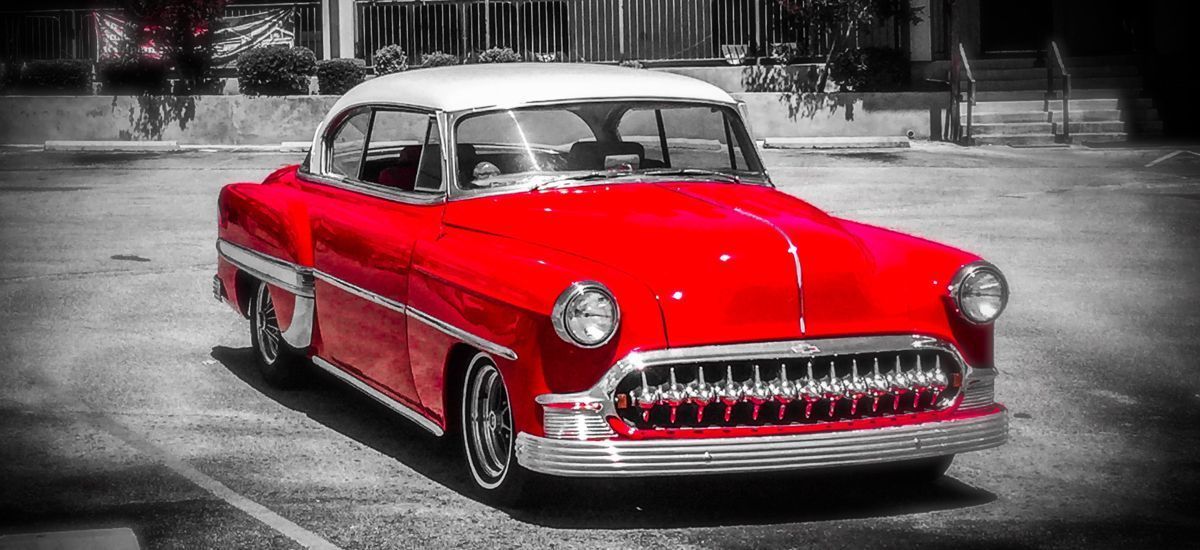See How We're Different
or call us: (203) 265-5681
Modifying your vehicle can be an exciting venture, allowing you to personalize your ride and enhance its performance. However, it's crucial to understand how these modifications can impact your auto insurance coverage, especially in Connecticut. This article will delve into the intricacies of vehicle modification coverage in the Constitution State, offering insights into the insurance implications of your vehicle's mods.
Understanding Vehicle Modifications
Before we delve into the specifics of insurance coverage, it's essential to understand what constitutes a vehicle modification. In the simplest terms, a modification is any change made to a vehicle that alters its original manufacturer's specifications. These changes can range from performance enhancements like turbochargers to aesthetic alterations like custom paint jobs.
While these modifications can significantly improve your vehicle's look and performance, they can also increase its value. This increased value can, in turn, affect your insurance premiums, as insurers may perceive your vehicle as a higher risk due to its enhanced performance or attractiveness to thieves.
Types of Vehicle Modifications
Vehicle modifications can be broadly categorized into two types: performance modifications and cosmetic modifications. Performance modifications are those that enhance the vehicle's speed, handling, or overall performance. These include modifications like engine tuning, adding turbochargers, or upgrading the suspension system.
Cosmetic modifications, on the other hand, are changes made to improve the vehicle's appearance. These can include custom paint jobs, adding spoilers or body kits, or installing custom wheels. While these modifications may not affect the vehicle's performance, they can significantly increase its value, thereby potentially affecting your insurance premiums.
Insurance Implications of Vehicle Modifications in Connecticut
In Connecticut, like in most states, insurers are required to cover the cost of repairing or replacing your vehicle in the event of a covered loss. However, this coverage typically extends only to the vehicle's factory-standard parts. This means that if you've made modifications to your vehicle, these mods may not be covered under your standard auto insurance policy.
Furthermore, some insurers may even consider certain modifications as increasing your vehicle's risk, which could result in higher premiums. For instance, performance modifications that enhance your vehicle's speed could be seen as increasing the risk of accidents, while cosmetic modifications could make your vehicle more attractive to thieves.
Getting Coverage for Your Vehicle's Mods
So, how do you ensure that your vehicle's mods are covered in Connecticut? The key lies in discussing your modifications with your insurer. Some insurers offer additional coverage options for modified vehicles, known as custom parts and equipment coverage or accessory coverage. This coverage can help protect the investments you've made in your vehicle, covering the cost of repairing or replacing your mods in the event of a covered loss.
However, it's important to note that not all insurers offer this type of coverage, and those that do may limit the amount of coverage available. Therefore, it's crucial to discuss your modifications with your insurer to understand how they can impact your coverage and premiums.
Legal Implications of Vehicle Modifications in Connecticut
Aside from insurance implications, vehicle modifications can also have legal implications in Connecticut. The state has specific laws and regulations regarding vehicle modifications, which you must adhere to ensure your vehicle remains street-legal.
For instance, Connecticut law prohibits certain types of modifications, such as those that increase noise levels beyond the state's maximum allowable limit. Failure to comply with these regulations can result in fines, penalties, or even the revocation of your vehicle's registration.
Ensuring Your Vehicle's Mods are Legal
To ensure your vehicle's mods are legal in Connecticut, it's crucial to familiarize yourself with the state's vehicle modification laws. These laws can vary depending on the type of modification, so it's important to research the specific laws related to your planned mods.
Additionally, it's advisable to consult with a professional before making any modifications to your vehicle. A professional can provide guidance on the legality of your planned mods and help ensure that they're performed correctly, thereby reducing the risk of legal issues down the line.
Conclusion
Modifying your vehicle can be a thrilling endeavor, but it's important to understand the insurance and legal implications of your mods. In Connecticut, vehicle modifications can affect your insurance coverage and premiums, and certain mods may even be illegal.
Therefore, before modifying your vehicle, it's crucial to discuss your plans with your insurer and consult with a professional to ensure your mods are legal and covered. By doing so, you can enjoy the benefits of your vehicle's mods without worrying about potential insurance or legal issues.















